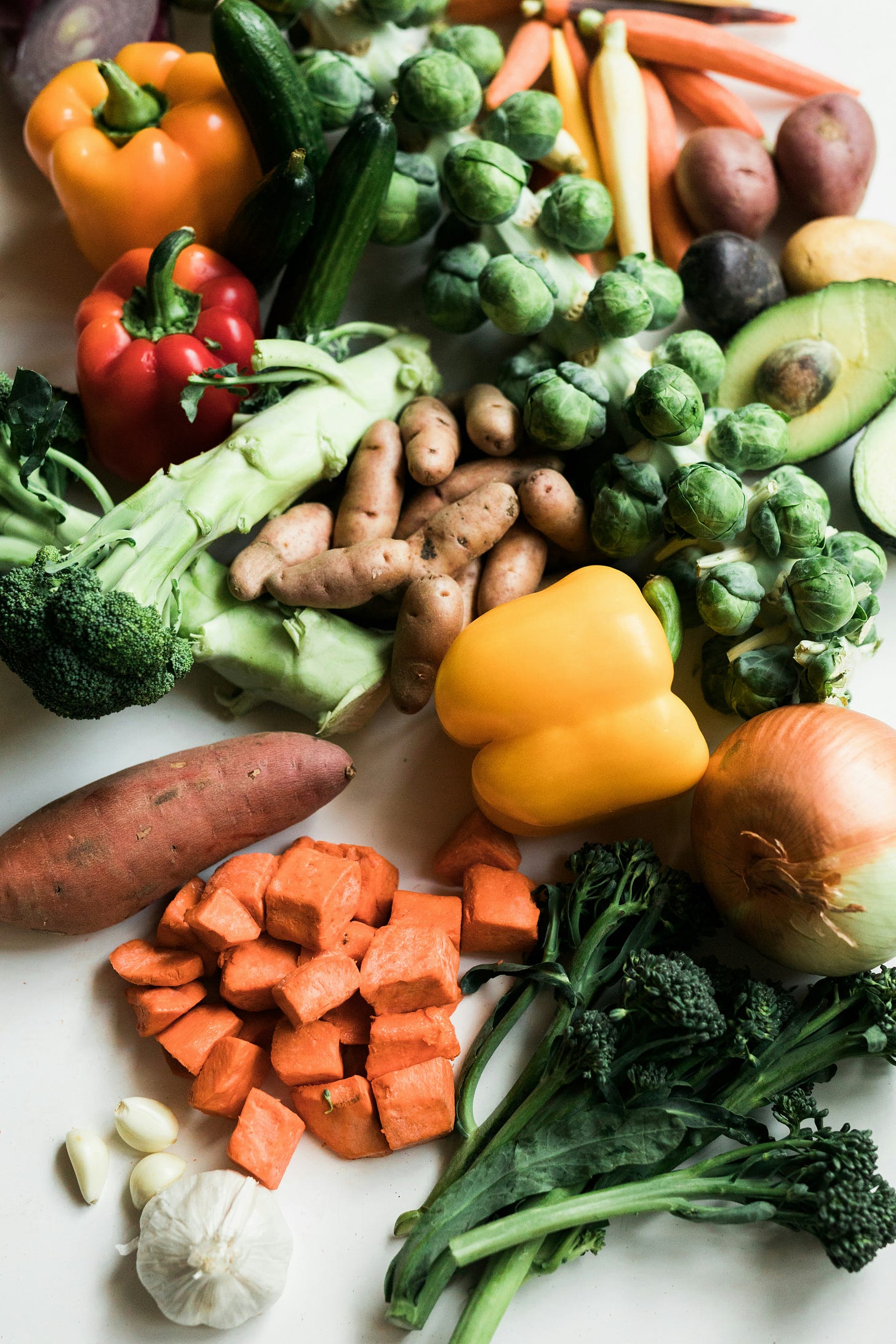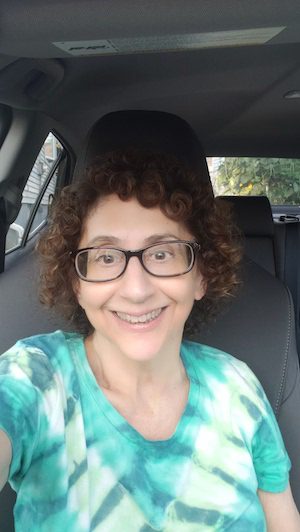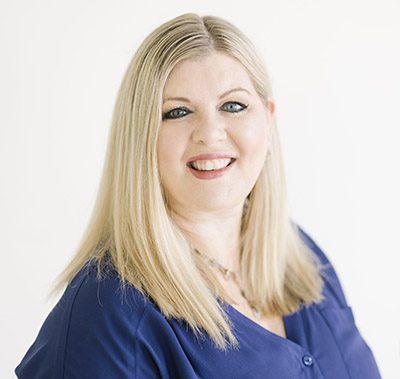I’m a Reducetarian! Who Knew?
Photo by Nathan Dumlao on Unsplash
I just learned that I am a reducetarian.
According to Brian Kateman, who coined the word in his 2017 book The Reducetarian Solution, the label refers to one who deliberately reduces their meat consumption. Everything about that definition fits me except for the word “deliberately.” In my case, a reducetarian is one who deliberately wishes to remain married to a vegetarian and doesn’t want to cook his own meals for one.
The fact that I am any variant of vegetarian, considering my upbringing, is remarkable. My mother, following the conventional nutritional advice of the day, planned for each dinner to have a meat, a green vegetable, and a starch. It was a healthy, balanced Diet to grow on. But in recent years I, like many Americans, have grown accustomed to a diet with far less meat.
Our family started down the vegetarian path more than 20 years ago when our daughter, then a high school student, announced that she was vegetarian. Her motivation was horror at what she had learned about factory farms and their cruelty to animals. My wife, a full-time executive, declared that it was physically impossible to prepare different meals for different family members. Her solution was that we would all eat vegetarian meals from then on.
I had misgivings. Based on the foods I grew up with, I pictured vegetarian living as an unappetizing diet of salads, frozen broccoli spears, mashed potatoes, and canned spinach. Fortunately, the growing popularity of vegetarianism has inspired thousands of cooks and dozens of great cookbooks. I have learned to enjoy black bean burritos, pasta with pesto, garbanzo beans, and all manner of grilled vegetables, to name a few favorites. I have come to appreciate, if not love, tofu, and in the spirit of ecumenicalism, I have made my peace with seitan.
In any case, by the time our daughter left the nest for college and career, my wife had deepened her own commitment. She reasoned that there was far too much violence in the world already and she wanted no part of enabling violence towards animals. So vegetarian meals have continued at home.
Out of the house, however, my wife has no problem if I order the occasional hamburger, chicken sandwich, or lamb chop in her presence – hence the reducetarian label. I feel bad about the animals, too, but I’m not ready to make a stand that requires total abstinence from meat.
Dietary Distinctions
The profusion of vegetarians in the land has brought confusing distinctions between their degrees of practice. These distinctions become important when you are inviting company to dinner. Just to be clear, a lacto-vegetarian does not eat meat, fish, poultry, and eggs, but is okay with dairy products. An ovo-vegetarian does not eat meat, poultry, seafood, or dairy products, but is okay with eggs. Lacto-ovo vegetarians eat no meat, fish, or poultry, but allow dairy products and eggs. Pescatarians eat no meat, poultry, dairy, or eggs, but do eat fish. Vegans eat none of the above. Reducetarians eat their vegetables with displays of unbridled enthusiasm but eat meat when they can get away with it.
Diets for Older Adults
People choose vegetarianism for a variety of reasons, from animal welfare to environmental impact. But all vegetarians, at least in part, choose their diet for health reasons. The scientific consensus today is that “appropriately planned” vegetarian diets can meet the full range of nutritional needs. And there are numerous health benefits. Vegetarian diets typically result in lower consumption of saturated fats, cholesterol, and animal proteins, along with higher consumption of complex carbohydrates and dietary fiber. Studies credit these diets with helping prevent and treat heart disease, hypertension, Diabetes, Cancer, osteoporosis, renal disease, dementia, diverticular disease, gallstones, and rheumatoid arthritis.
Sounds great, but here’s the caveat: Our nutritional needs change as our bodies age. We need less of certain nutrients and more of others. Some nutrients that we absorbed easily in our younger days, such as iron, now require us to consume larger quantities to get the same benefit. All of which is to say, that older vegetarians must plan their diets with great care – and perhaps with the guidance of a dietitian – to be certain of getting all the nutrition they need to maintain healthy bodies and sharp minds.
Some things to keep in mind:
Older adults need more calcium than younger adults to maintain bone health.
Vitamin D is also critical for healthy bones. One way we get it is through exposure to the sun. If we are not spending much time outside, however, we need to find it from food sources.
For vegans, it is especially critical to focus on protein, calcium, vitamin B12 (which is not present in plant foods), and vitamin D. Vegetarians who are not vegan can fill these needs adequately from dairy products.
Vegetarian diets tend to have fewer calories and saturated fats – great if you want to lose weight, but potentially problematic if your appetite diminishes. Be careful that your diet enables you to maintain a healthy body weight.
Bottom line, vegetarian diets can be healthy and can lower risks for certain medical conditions. But do not assume that a diet that served you well ten years ago is adequate for your body today. Eat wisely.


























